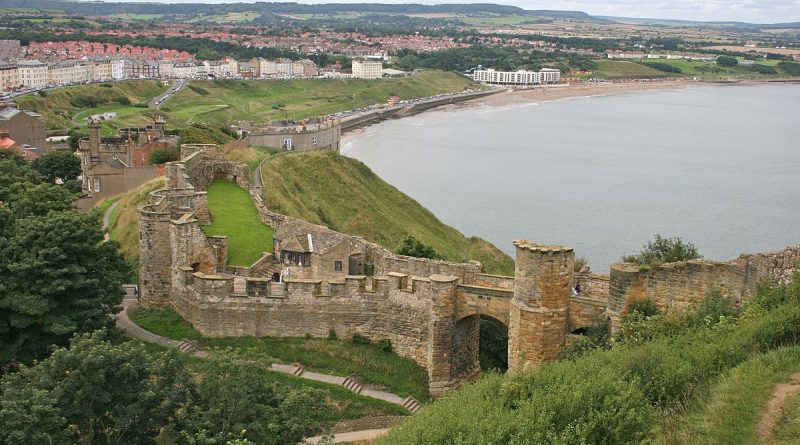Richard III’s priorities in 1484
In 1484 King Richard III contended with a series of issues. The threat of an invasion in the name of Henry Tudor was a concern. Politically the King needed to weigh up the consequences of news that Henry Tudor was mooted as a possible husband for the king’s niece, Elizabeth of York. Shipping had been attacked by the French, with a fleet at Scarborough losing ships. Scotland, though having been defeated in the campaigns led by Richard as Duke of Gloucester, remained an important consideration.
Richard III’s priorities in 1484
1484 presented Richard III with an opportunity to establish himself on the throne of England. The turbulent events of 1483 had been dealt with, for better or worse. Now Richard could look at the risks to his reign and realm, and the priorities that he and his council would need to address for the wider good of the people. Dealing with external threats was at the forefront of thinking on the matter. Henry Tudor was emerging as a potential challenger. With support from exiled Englishmen and those who opposed Richard’s rule, Tudor had to be viewed as a real and credible threat. Richard’s response is noted in the Croyland Chronicle.
Richard’s Capacity to Defend the Coast of England
The king… still took all necessary precautions for the defence of his party; as there was at this time a report that those persons who had been attainted and banished, together with their captain, the earl of Richmond, to whom they had sworn fealty as their king, in the hope of his contracting an alliance with the daughter of king Edward, would shortly land in England. The king was better prepared to oppose them in the present year than at any time afterwards, both by reason of the treasure which he had in hand (for all the remains of king Edward’s treasures had not yet been expended), as well as particular grants which had been made and distributed throughout the kingdom. He also followed the practice which had been recently introduced by king Edward in the time of the last war with Scotland, of appointing a single horseman for every twenty miles, by means of whom, travelling with the utmost speed and not passing their restrictive limits, news was always able to be carried by letter from hand to hand two hundred miles within two days. Nor was he, on the other hand, without the aid of spies beyond sea, at whatever price they could be secured ; from whom he learned nearly all the movements of the enemy.
Croyland Chronicle
France and Scotland
Richard also needed to take into account the English relationship with France and Scotland. The French had attacked a small English Fleet at Scarborough, resulting in the loss of ships. That posed a risk to operations in the North Sea, which in turn had a consequence should there be any resurgence in clashes with the Scots. The Scottish issue had been dealt with through force of arms through invasion 1482 and again through smaller maritime and land clashes after the victory at Berwick. The Croyland Chronicle summarises the scenario Richard was contending with in 1484 in respect of France, Scotland, and it’s implications for defending the coast and Scottish border.
France and Scotland, risks at land and sea
Besides this (although at the commencement of the second year of his reign, on giving some attention to maritime affairs, he had lost some ships, together with two captains of the greatest bravery. Sir Thomas Everingham and John Nesfeld, Esquire, above-mentioned, who were taken by the French near the town and castle of Scarborough), just at this period, by means of his skill in naval warfare, he had gained a victory in a surprising manner over the Scots ; so much so, that although, in the same summer, they had sustained a great defeat from our people by land, they received no less a one in this. At this time, too, there fell into his hands, besides many of the English who were taken in battle, certain persons who had fled from Scotland, such as lord James Douglas, and many others of his fellow exiles. Upon this, the persons of the highest rank that could be found in that kingdom were sent as ambassadors to the king at his town and castle of Nottingham, on the seventh day of the month of September, and in a lengthy and eloquent address most earnestly entreated for peace and a cessation of warfare. A treaty being accordingly made between commissioners from either kingdom in full conformity with the king’s wishes, as to those points which seemed to require especial consideration, the Parliament was dissolved, and the king returned to London in Michaelmas Term. This was in the year of our Lord, 1484.
Croyland Chronicle
Image Credit
Photograph by Mike Peel (www.mikepeel.net)., CC BY-SA 4.0 <>, via Wikimedia Commons
